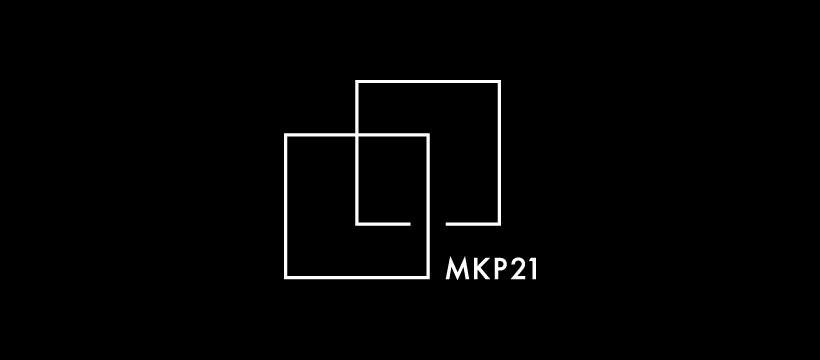Zen Dog
In this blog section of our website, I, the webmaster, have decided to add my personal and informal commentaries on each classic Koan (Zen questions, many of which are told in the form of a dialogue between monks) of my personal taste. Disclaimer: this is not an official teisho (talk by a Zen master), and I have no intention of enlightening people by giving a series of mystifying code-like talk or terrifying them using stick slaps or the (in)famous katsu shout.
Well, that might be enough as an intro to the main part … so, I’ll just say that I’m trying to have a bit of fun by shedding new light on classic Zen stories and hopefully drawing some interests from the prospective readers of the blog, resulting in their becoming also interested in the inquiries introduced in our website.
Now, let us begin that fun thing. Here, I introduce a Koan included in an anthological work by a monk called Mumon, which is called Mumonkan (無門関). This is the first one that I worked on when training under a Zen master, to whom I owe a lot. I don’t quote the whole story from the original text, but instead summarize its essential part and use that as a springboard for my commentaries that follow.
Gateless Gate Case 1.
Joshu’s Dog
In this tiny bit of Koan, a seemingly novice monk asks the Master called Joshu about whether a dog has Buddha nature. The classic notion of Mahayana Buddhisms is that every sentient being has Buddha nature in them, but surprisingly, Joshu’s answer is “Mu,“ which in an ordinary sense means “A dog has NO Buddha nature.”
So, what’s the use of this apparent contradiction between standard Buddhist notion of Buddha nature and Joshu’s reply? First, we have to be aware of the premise of every authentic (I doubt if there is any unauthentic one, though) Zen question that they are made to defy all dualistic answers welling from dualistic view. They simply are unanswerable if we use our intellect, which is in its nature dualistic. If we see this fact from the opposite perspective, it suggests that, if one can see what the Koan suggests in a truly non-dual way, there you are! You will know that you ARE the answer, or the question itself was the answer.
Back to this “Mu” thing. Although “Mu” means “No,” it is now obvious that it isn’t a “no” in opposition to yes. It is simply “Mu," and FULL STOP. To clearly see this non-dual “Mu,” which is very much contradictory because “no” is normally taken as an opposite to yes, we don’t resort to any sort of contemplation nor philosophical thoughts, but instead simply intone this sound “Mu,” either externally using our voice, our internally, which means silently in our mind (Non-dual police people, please don’t pick holes here by saying that there is no such thing as mind … actually I never mind that argument anyway).
Down at the core of this practice, we wouldn’t even say that it is a sound, because “sound“ is a label put on a certain sensation. And here comes the knack of this practice of Mu. Bring it down to the sensate level; this is where Mu isn’t embellished with any labels=concepts=ideas. When a mosquito bites your arm, it itches, but before you name it an itch, that is a sensation X which is totally unnamed. In the same way, Mu is an unnamed X which we can utilize in our non-dual practice of Koan training. So, theoretically, even a bite of a mosquito can be a Koan to be inquired …
Now, you can do a little experiment of really, really listening to the sound of the syllable Mu you produced, without putting any label to it. Just listen. Sense it as a pure auditory sensation, and once you’ve brought it to that level, just continue intoning it without even a thought about just listening to it, and keep the practice until you get the sense of becoming very familiar with the act of sensing a sensation simply as sensation. Then, again, continue your practice.
There, Mu is not even Mu anymore, because calling it Mu is attaching a label to the sensation itself. If you penetrate into that “Mu,” which is at the same time isn’t Mu and is Mu, the dividing line between you and Mu is also seen to have been nonexistent from the very beginning of this universe. It’s not that you are intoning Mu; that’s duality, the way we usually see the world. But Koans suggest that there is another way to see the world. It is seeing without the subject “I,” a seeing that doesn’t divide the seer from the seen, and vice versa. That is what some (or I should say many) ancient people have called in different esoteric terms, which in my opinion, doesn’t have to be esoteric at all.
Wanna try seeing what this all is about? Then, with all of your might, intone MUUUUUUUUUU!!!!!!
